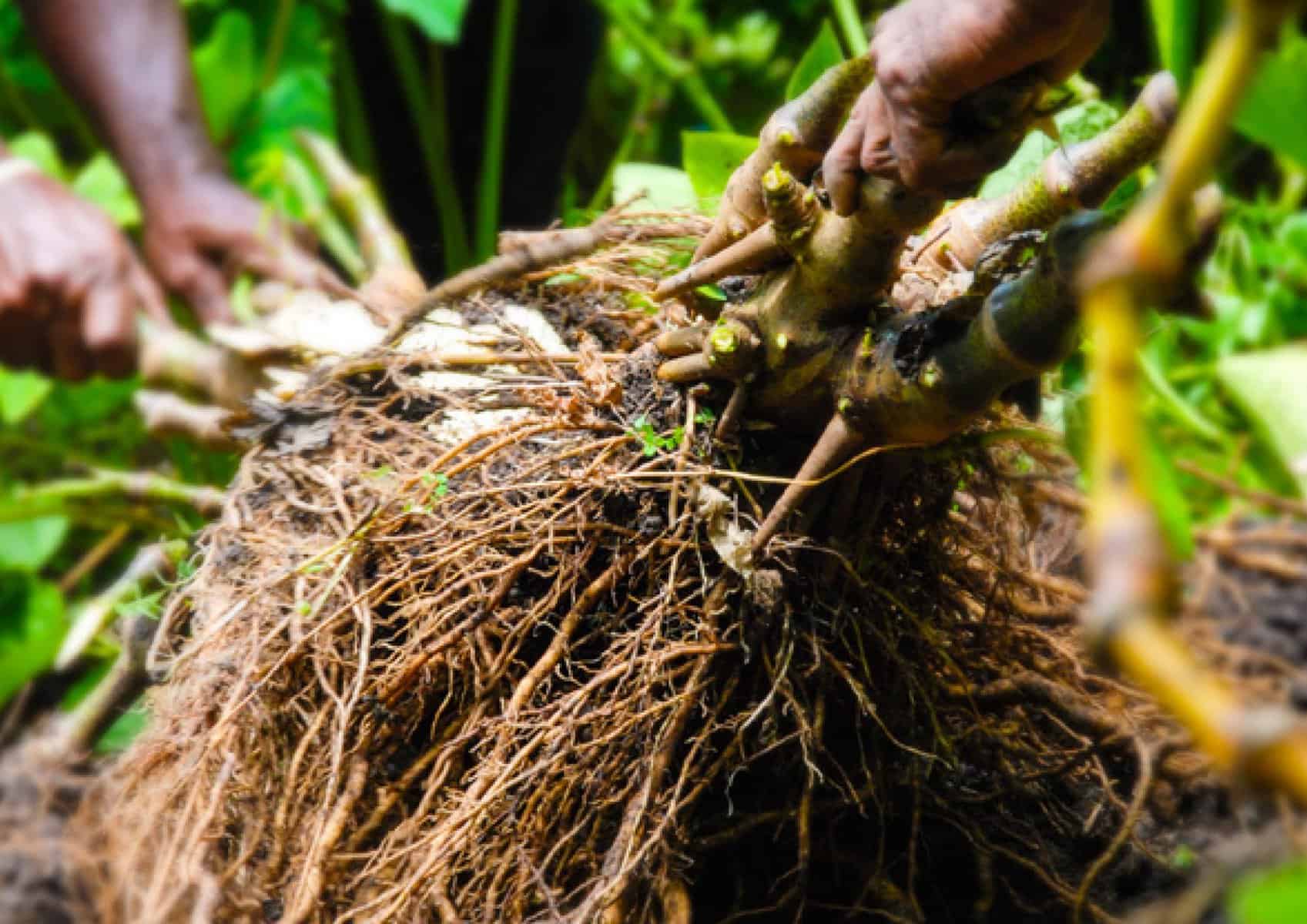The former chairman of Vanuatu Kava Industry, Michael Louze, and one of the major exporters of kava to the United States (U.S) market told the Daily Post Saturday that the 22 percent tariff imposed by the Trump administration on Vanuatu products could benefit Vanuatu’s kava.
“We have 10 percent less than Fiji, which is also exporting kava to the U.S market. If the U.S has imposed a 22-30 percent tariff on Fiji’s products, it is likely that importers of kava in the U.S will turn to Vanuatu’s traditional drink, scientifically known as Piper methysticum,” said Louze.
Louze exports over 40 tons of kava annually to the U.S market. He said the 22 percent tariff imposed by the U.S government on Vanuatu export products will not impact farmers.
“Kava is currently the main product that Vanuatu exports to the U.S market,” Louze added. “It is the main source of income for people in rural Vanuatu.”
Meanwhile, the Department of External Trade commented that the recent U.S decision to impose a 22 percent tariff on Vanuatu products will impact the nation’s exports. This was the initial response from External Trade within the Department of Foreign Affairs Saturday morning.
Government departments responsible for the country’s exports began analysing the situation following the U.S decision. The analysis aims to help the Vanuatu government address the implications of U.S President Donald Trump’s administration’s decision.
The private sector has also acknowledged the U.S government’s move, but they emphasised that the impact will depend largely on the actions taken by the government of Vanuatu.
Economist Peter Judge commented on the tariff introduction: “These tariffs are levied on goods exports. For Vanuatu, goods exports are currently overwhelmingly dominated by kava,” he said.
“In 2024, kava represented 79 percent of goods exports until July. The U.S is a key market for Vanuatu kava, either sold directly from Vanuatu or via China, where the kava is processed. China now faces a total tariff of 54 percent, which will make any kava products from China substantially more expensive.”
Judge said that this could provide Vanuatu with an opportunity to improve value-added exports and sell more kava directly to the U.S rather than via China. However, this would require substantial investment, which would take time.
“Another question is how price-sensitive kava demand in the U.S is, which is something we do not have data for,” Judge added.
“If consumers are willing to pay higher prices, the impact will be limited. If they are not, then either the kava exporters will have to absorb some of the cost from the tariffs, resulting in lower profits and possibly lower prices for kava, or there could be reduced demand for kava from the U.S. However, with at least 75 percent of kava exports going to other countries, and with the kava industry already facing a shortage, the overall impacts on the industry are likely to be limited.
“These tariffs also increase the chance of a recession, particularly in the USA but also globally. One way this could affect Vanuatu is if fewer people have money to travel, leading to fewer tourists.
“The main point is that these tariffs increase global uncertainty and reduce cooperation at a critical time for addressing the climate crisis. This heightened uncertainty makes it all the more important for Vanuatu to attract beneficial investment, build its productive capacity, and increase resilience throughout the country,” Judge said.
